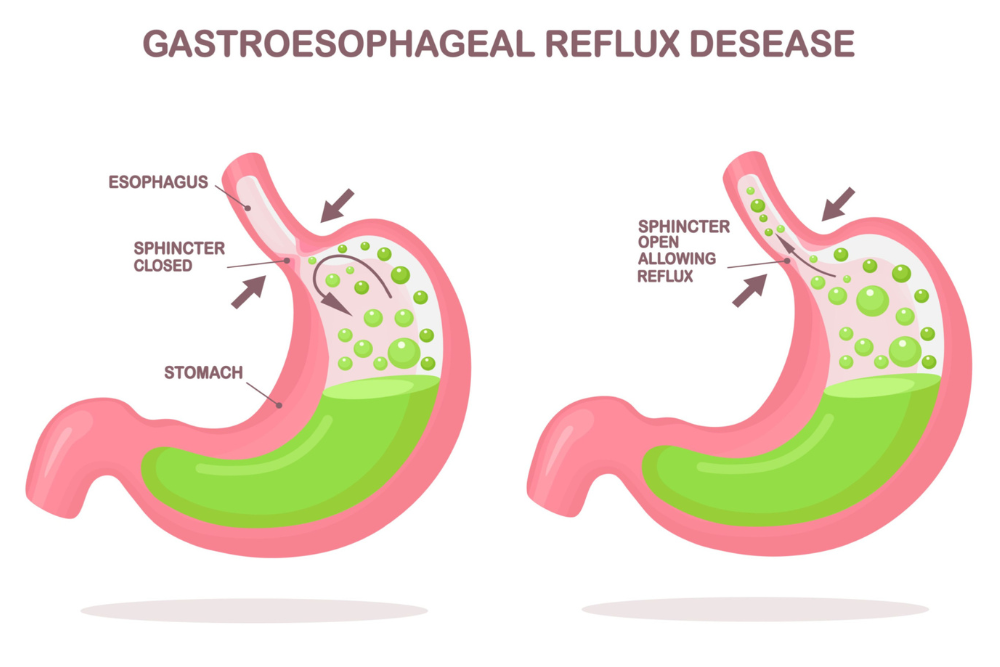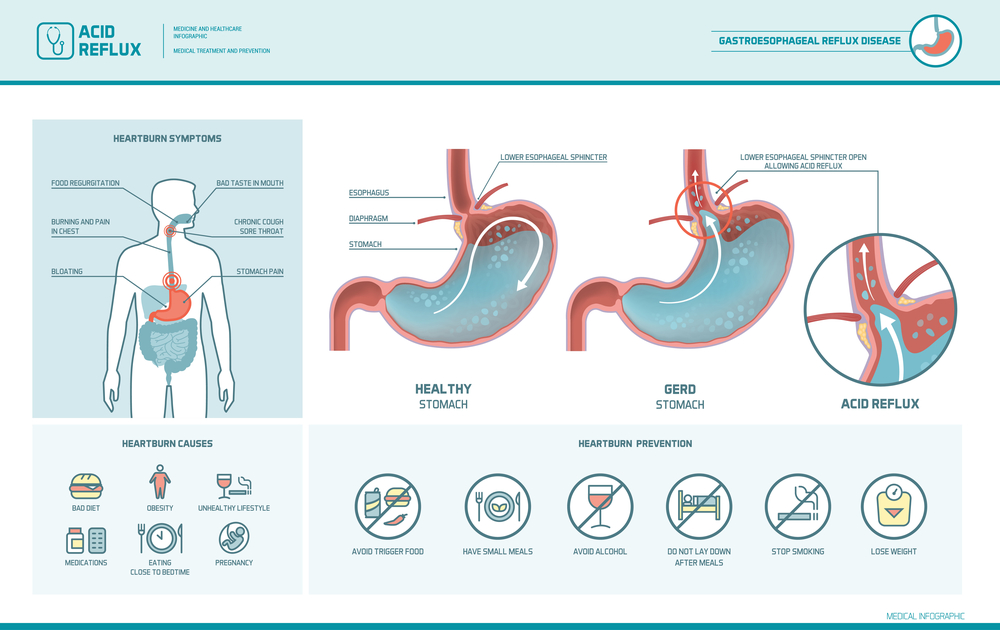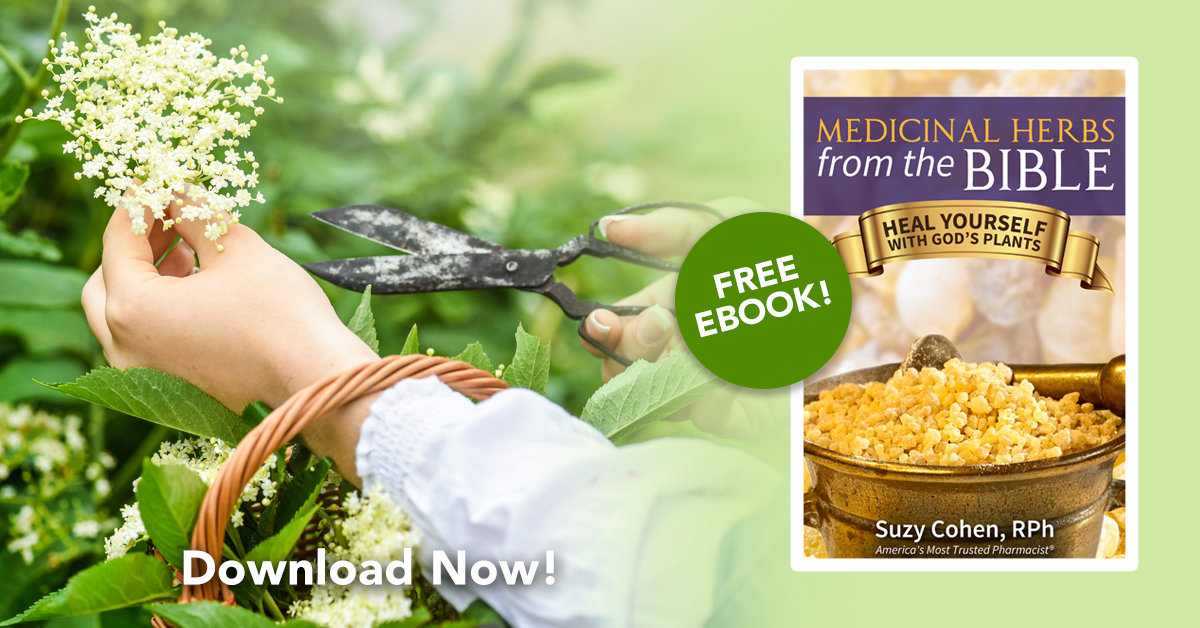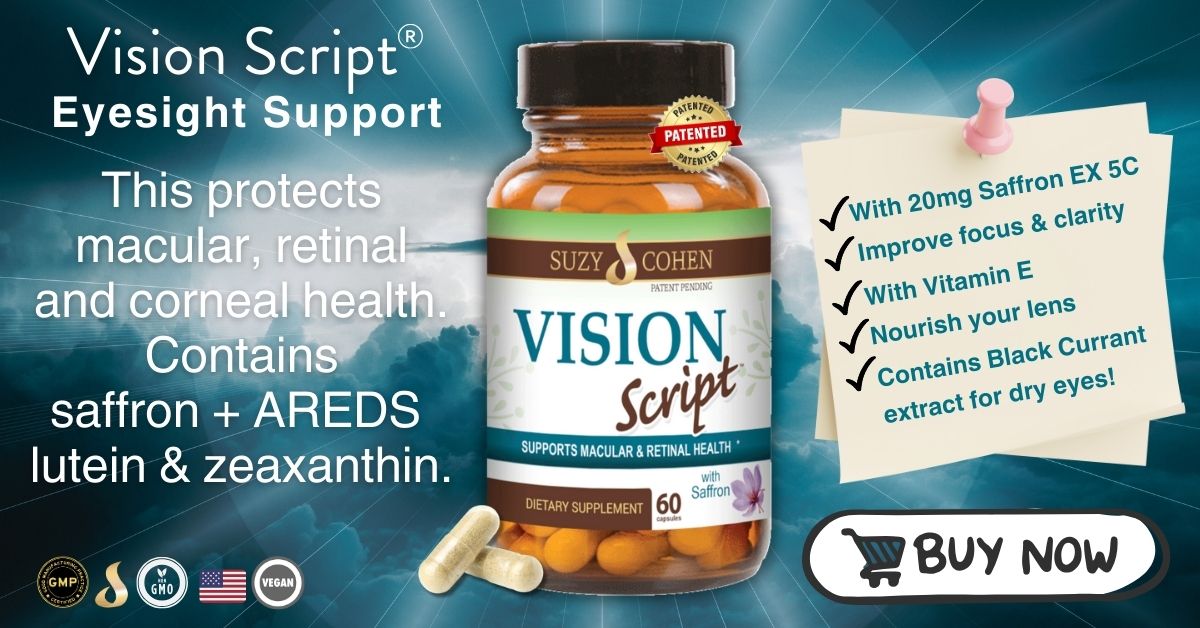What's On This Page?
ToggleI finally got reflux and heartburn after all these years. I have a newfound respect for those of you who deal with it! Writing about it is one thing, experiencing it is totally another. For me, I traced it to drinking shots of yerba mate for energy. I would drink the little shots a few times a week for more brain power. Yerba mate (Ilex paraguariensis) triggered the pain.
Then I noticed that 20 minutes after drinking one tiny glass bottle of it, I would get terrible heartburn and pain in my esophagus. Belching too. It happened three times that week and then I made the connection. It was a major Aha!
By the way, I did a little research, and apparently drinking too much yerba mate, especially hot mate, is associated with a higher risk of esophageal cancer. There is some epidemiological evidence to support this so if you’re a big fan of it like I was, you’ll probably want to research that and make your own decision about the amount you consume. In fact, there are some intriguing studies and reports about the esophageal correlation, so please make sure you’re not consuming too much. How much is too much? I don’t know. But I’ve stopped drinking mate completely after drinking it for many years. One ARTICLE from 2009, concluded the following:
“The role of hot mate in increasing the risk of cancer of esophagus, larynx, and oral cavity seems to be supported by several epidemiological studies. The temperature could act by damaging the mucosa or accelerating metabolic reactions, including those with carcinogenic substances in tobacco and alcohol.”
Anyway, about this heartburn and reflux. I didn’t go straight to famotidine (H2 antagonists) or omeprazole (Prilosec, a popular PPI med). I started out with natural remedies to see if that would calm things down. This was my strategy and it worked!
At the time of this writing, just one week later I experienced a complete turnaround, to the tune of about 80% relief, and so I wanted to share the news in case it would help you as well. The first thing I did was start eating smaller meals, and chewing each bite a lot more than I used to. This alone was useful. Here is more remedies for Reflux and Esophagitis :
Reflux and Esophagitis Home Treatment

1. Discontinue the Offender.
For me, the yerba mate was the problem. I suspect that some of the essential oils I was swallowing by mouth might have also contributed but I am not sure of that one. I’m back to diffuse the essential oils, not ingesting them. If you can find out what triggers your pain, then discontinue it.
2. Discontinue spices and hot foods.
This is going to be temporary for me, but for the past week, I’ve given up spicy mayo, cayenne and black pepper, and even vinegar in the hopes that my esophagus will get a rest. None of these were triggers for me, but I am sure they didn’t help. Also, I noticed if I drank very hot coffee or tea, it would hurt. I stopped drinking hot tea.
The news on hot tea is bad. According to the article published in the International Journal of Cancer, drinking tea daily which is about 140 degrees had a 90% higher chance of developing esophageal cancer. That’s crazy high. Drink it lukewarm, not too hot.
3. Drink Marshmallow root water.
I stopped drinking plain water, and started drinking ‘marshmallow water.’ I’ve posted a video on youtube called “Health Benefits of Marshmallow Root” and you can watch that to see how easy it is to infuse your water with marshmallow root.
This is a natural demulcent that is soothing to the esophagus and entire intestinal tract. You put about 1 tablespoon of dried root (per cup of water) in a glass jar with cold water. In a few hours, you have water that is now somewhat thicker, and this recipe preserves the mucilaginous properties of the marshmallow which coats and soothes delicate membranes as you drink it.
 4. Mastic Gum
4. Mastic Gum
Mastic Gum is a resin that is extracted from a tree. This is sold as a dietary supplement and I took 2 capsules twice daily. Follow directions for your own brand. It’s used as a natural remedy for many intestinal and bowel disorders including indigestion, acid reflux, inflammatory bowel disease, gastritis, and ulcers. I knew it would help me with my esophagitis and reflux so I took this.
Mastic gum has been studied, and in 2010, people with dyspepsia found significant relief from their heartburn compared to control participants.
5. Zinc Carnosine
This is a dietary supplement that is made synthetically that chemically ties together a zinc molecule with a carnosine molecule. When it comes to apart indoor body, both ingredients help with gastritis and ulcers. Since the mid-1990 this product has been used successfully for the treatment of Zinc carnosine supplementation has been shown to help protect the gastric mucosa against ulceration, and may help people with gastric and duodenal ulcers. The tissue healing effects come from both compounds. Zinc is required for tissue repair and intestinal inflammation. The carnosine is a small protein that acts as an antioxidant that helps adhere to the ulcer (site of injury).
Symptoms of esophagitis vary from person to person but may include some (or all) of the following: Swallowing food and then experiencing mild pain in the chest or throat, sometimes the sensation that something is stuck in the throat or sternum, early satiety, belching, mouth sores, heartburn, reflux, and mild nausea. Symptoms of an ulcer in the esophagus could look the same too because it will cause all of these symptoms as well.
Ulceration in the stomach or intestines is a whole other story. Think duodenal ulcer. The pain is much lower, and it feels more like a burning in the stomach. Sometimes this is caused by an infection such as Helicobacter Pylori. I wrote an article a few years ago about this, you can CLICK HERE to read, Advice for Ulcers and H. Pylori.

Most people with these symptoms seek a physician who prescribes an acid blocker or sends them to the pharmacy for the over-the-counter version.
And after a few sleepless nights last week (after the yerba mate incidents) I can totally see why the pain would drive you into a doctor’s office! There’s no judgment here. I am just holistically minded, and solution-oriented and the fact is, acid blockers do not directly soothe, coat or heal the fragile mucosal lining. Their mechanism of action is rather specific and temporary. They are great at suppressing acid, or production of acid, which in turn, gives your esophagus a rest from the backflow.
I think two steps ahead, and I want the solution so it gets fixed… so for my particular case (and I’m not saying this right for all of you, this is just my experience), I went directly to the tissue-healing remedies. I wanted something that would coat, soothe or attempt to patch up the raw area.

I did not have an overproduction of acid either, my esophagus was irritated by the caustic mate, compounded with swallowing essential oils… so I want to be sure that you understand the symptom of “acid reflux” has many causes and the actual cause should be treated, and YES sometimes medications are needed, but not always. The use of medications is between you and your physician, I can’t help you decide.
In case you’re suffering from this, mild and temporary esophagitis can sometimes and often heal without intervention if you simply discontinue the offender, which by the way, could be smoking, drinking hot beverages, spicy food, or excessive consumption of alcohol. It can also heal with tissue-soothing remedies.
For me, the offender was yerba mate shots and in case you’re wondering, I drank the shots at room temperature (or refrigerated), they were not hot. If you’re not significantly better within a week on natural remedies, please go see a specialist and get a complete workup to make sure there is no other underlying cause for your reflux and gastritis.
And it would be an omission to NOT mention that some cases of reflux are due to low acid, not high. In these cases, taking acid supplements (betaine hydrochloride) with your meals could be helpful. You can see why determining the root CAUSE of your pain/illness is so critical and it allows you to treat yourself correctly. In the case of esophagitis, the use of betaine hydrochloride would be contraindicated. If you’d like to watch a video I made a few years ago about that very thing, you can CLICK HERE.
CLICK LIKE to FOLLOW Suzy Cohen – Get Important Health Tips

Suzy Cohen, has been a licensed pharmacist for over 30 years and believes the best approach to chronic illness is a combination of natural medicine and conventional. She founded her own dietary supplement company specializing in custom-formulas, some of which have patents. With a special focus on functional medicine, thyroid health and drug nutrient depletion, Suzy is the author of several related books including Thyroid Healthy, Drug Muggers, Diabetes Without Drugs, and a nationally syndicated column.


